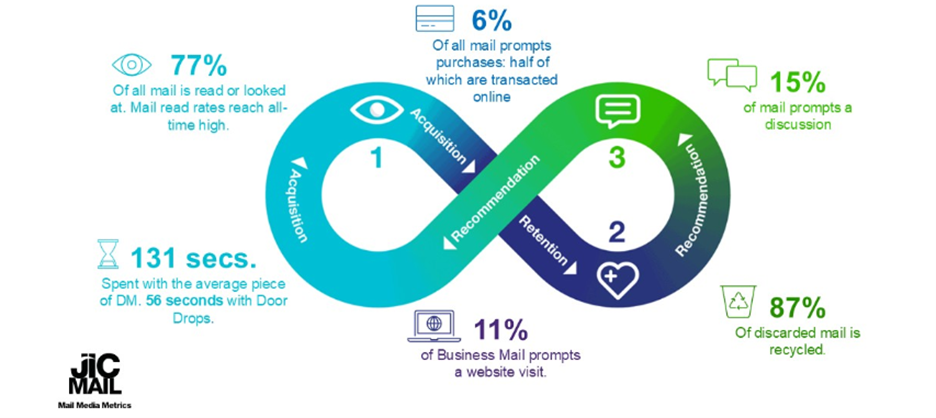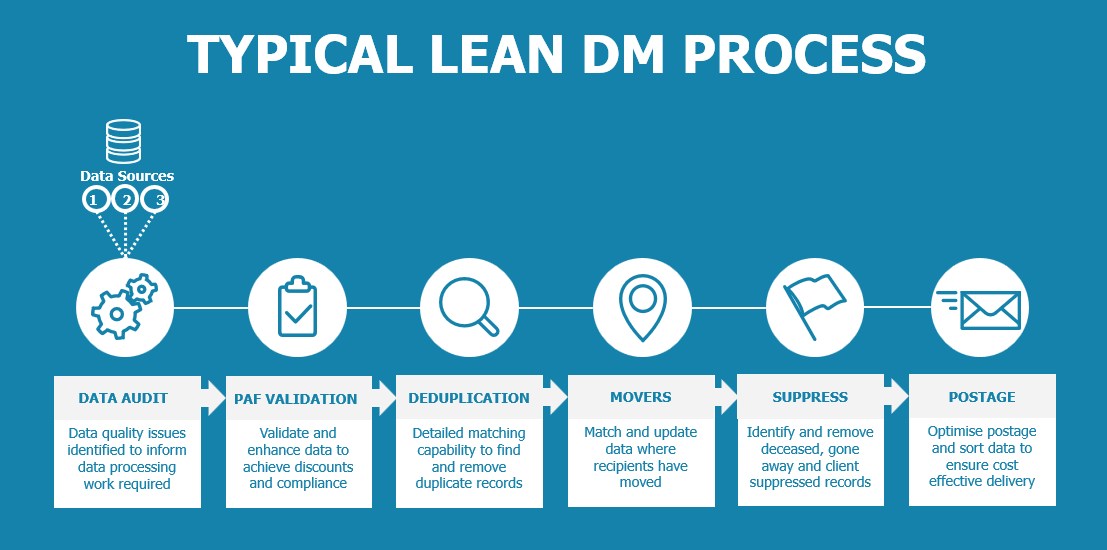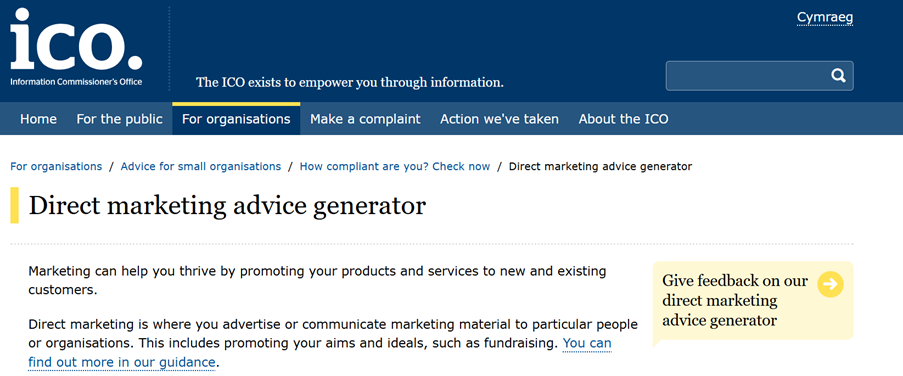Why Homemover Trends Mean Marketers Must Get Smart With Address Data
The Shift from Moving to Improving New research reveals that the traditional pattern of moving up – or down – the property ladder is being replaced by a trend for staying put and adapting the current home to suit evolving needs. According to The Way We Live Now 2025 report from B&Q, flexible working and multigenerational living are driving a major rise in DIY. Nearly two-thirds of families have remodelled their homes to accommodate changing needs, and many now see their current property as their ‘forever home’. A significant number have carried out or are planning major transformations, such as extensions or reconfigurations, while others are staying put due to financial pressures like mortgage affordability or lack of deposit. Meanwhile, [...]









